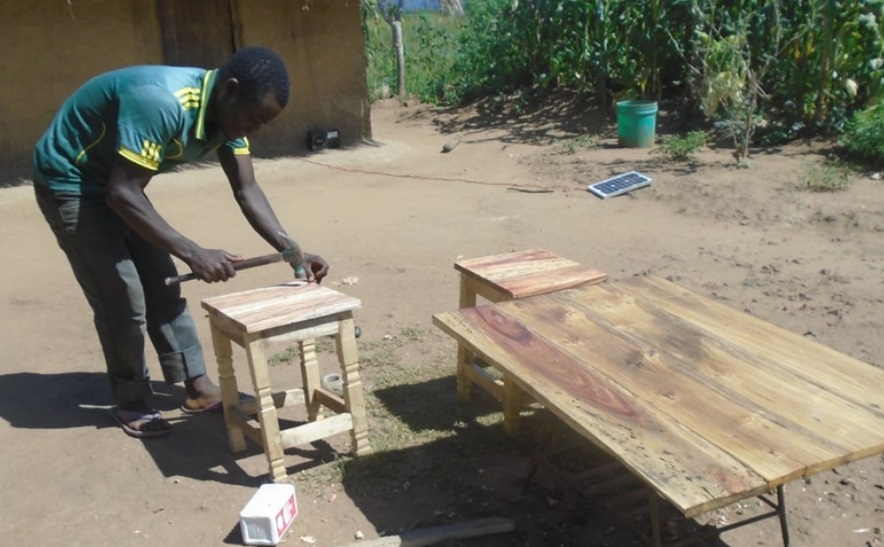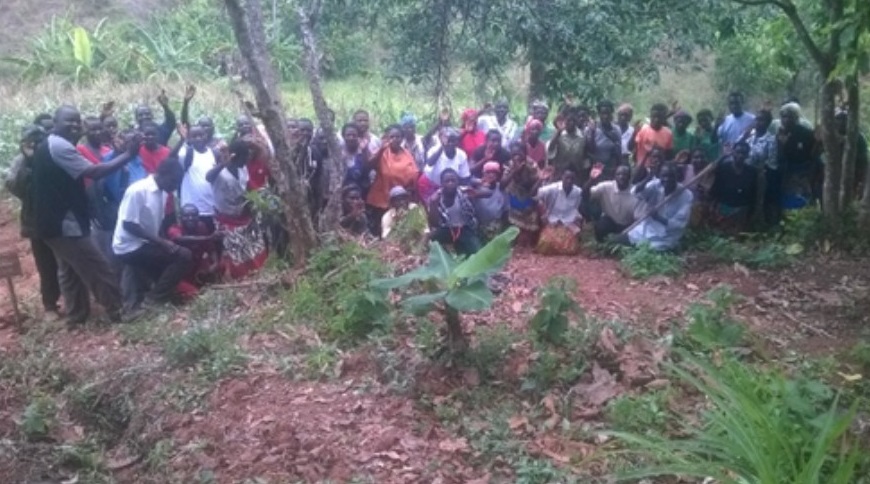Carpentry Skills Make Positive Impact On Jimu Msukwa
By Gibson Ngwira Jimu Msukwa hails from John 1 Village in Group Village Headman Mwenechipwela, Traditional Authority Mwenemisuku in Chitipa District where he was born and raised. Jimu lost his father while he was very young and has been brought...
Read MoreDevelopment Desk Promotes Conservation Agriculture in Traditional Authority Mwalweni
By Harold Mwale Effects of climate change and environmental degradation have not spared the area of Traditional Authority Mwalweni which is under Saint Francis De Sales Parish of Karonga Diocese in Rumphi District. The topography of the area makes it...
Read More

